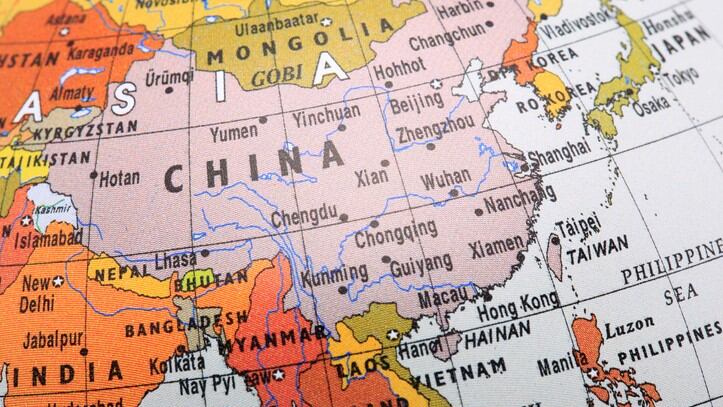This follows the brand’s recent debut on e-commerce platforms, Tmall and JD.com.
“We were pretty late entering Tmall and JD.com and we are doing extremely well,” said Vincent Warnery, CEO of La Prairie’s parent company Beiersdorf.
This is encouraging the company to expand its virtual presence to Douyin, the Chinese counterpart of TikTok.
“We are expecting a lot. As you know perfectly well, this is the main growth opportunity in China. It has driven the growth of our key competitors… This, together with an with an increased distribution, a better innovation plan should help us to do a much better year in China, not only in brick and mortar, but also in e-commerce and obviously in travel retail,” said Warnery.
According to its latest third quarter (Q3) reports, the Swiss brand saw its sales decline by 15.8%.
The German personal care giant attributed the decline primarily to the continued negative influence of the diagou crackdown, which impacted the Chinese and Korean travel retail markets.
This has led to the “destock and strongly reduce inventory”, which the company believes with help the firm start 2024 “from a healthy base to further achieve growth throughout the year”.
Warnery also said during the firm’s earnings conference on October 25 that the brand was also facing challenges within mainland China and its brick-and-mortar stores.
He emphasised that La Prairie continues to eschew conventional ways that its competitors use to boost sales, such as sales promotions.
“We are one of the only brands that are absolutely doing no promotion. We are not in the big events like 11.11, we are not doing buy one, get one free [promotions] like most of our competitors, and obviously, it is impacting our performance in brick-and-mortar.”
Furthermore, the brand has a limited distribution to maintain a certain exclusivity. According to Warnery, La Prairie is only at 30% of the distribution levels of its main competitors in the high prestige segments.
“We are increasing this level of distribution, but in a very reasonable manner. You are absolutely focused on having the right locations in the right spaces. We’ll go up to 120 or 130 stores, but we'll never be at the level of our competitors in luxury.”
While La Prairie’s situation remains dicey in China, the brand has seen positive results in the rest of Asia.
“Additionally, local markets in the rest of Asia accelerated further in Q3 and grew strongly. Hong Kong grew by 40% and Japan by 50%,” said Warney.
Excluding China and South Korea, the travel retail market grew by over 50%, driven primarily by Hong Kong, Macau, Japan, as well as Europe.
“Although these results are not enough to cover the missing sales from China, they are clearly showcasing the strong equity of the brand and the continuously strong consumer appetite for La Prairie,” Warnery concluded.





